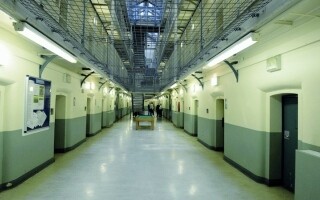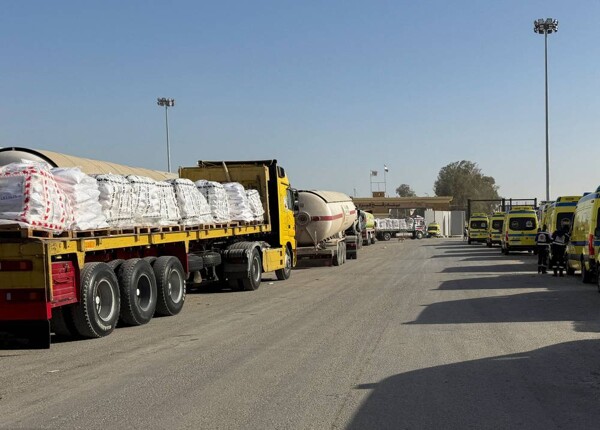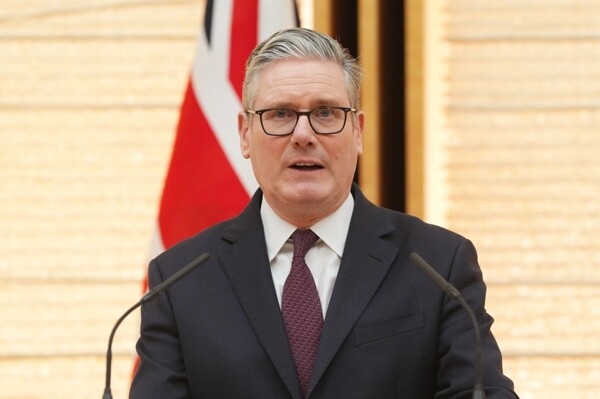
British officials announced plans for the early release of prisoners who returned to criminal activity or violated terms of their release. This is related to new measures for the early release of prisoners. Court sources report that prisons are facing a possible crisis of overcrowding, despite the early release program implemented by the ruling Labour Party.
Last month, instructions were issued on implementing a new policy aimed at reducing the length of sentences for prisoners after their previous release. More than 1000 prisoners are currently under surveillance as part of the new program, and upon its full implementation, up to 400 other prisoners could be released at any time.
One of the officials responsible for oversight indicated that the risks of the process exceed the conditions of conditional-release, considering the possible release of prisoners not posing a danger to society, as well as the possibility of releasing them without the representatives of the Ministry of Justice.
The Ministry of Justice stated that the previous version of the "policy" led to an annual release of between 1000 and 1600 individuals; however, the numbers began declining in 2020, resulting in approximately 13,000 prisoners remaining in custody after their release last year in England and Wales.
Sources assert that "the number of prisoners that the Conservative government's administration permits to early release has become extremely small, as managing prisons and overseeing authorities have eliminated risks".
According to the word of the representative of the oversight body, a new plan has been developed because prisons "could not handle the load". He noted that the early release program did not justify expectations, and even if reports on reducing the terms are provided in the coming weeks, new legislation will require several months for implementation.















